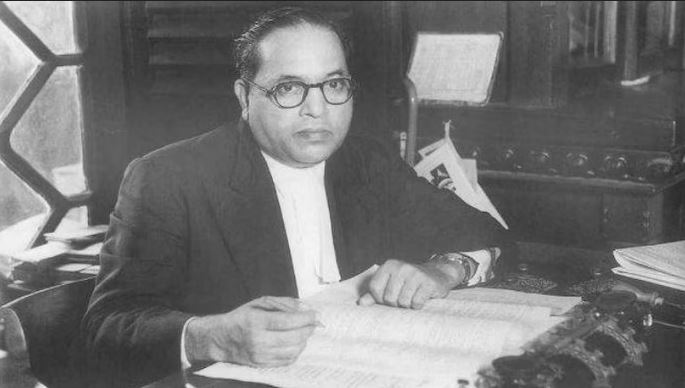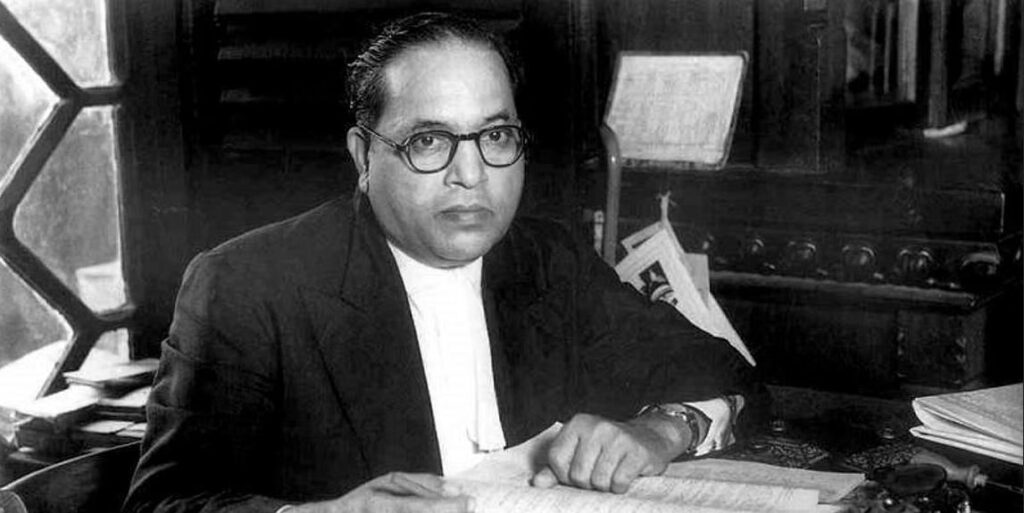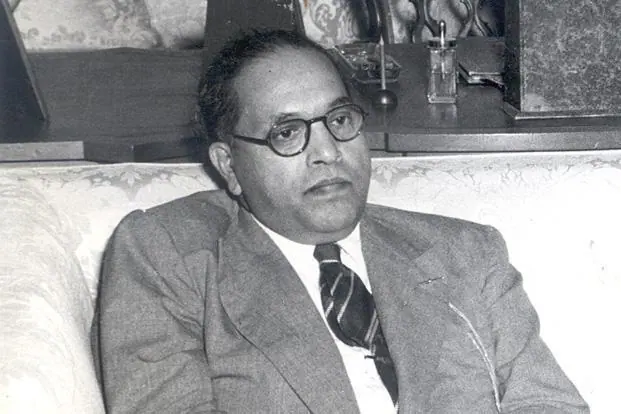Dr. B.R. Ambedkar, also known as Babasaheb Ambedkar, was a remarkable leader, social reformer, and crusader against the caste system and untouchability in the Hindu social order. His contributions to the upliftment of oppressed communities in India are invaluable and continue to inspire generations.
Born into a Dalit family in 1891, Dr. Ambedkar faced discrimination and untouchability from an early age. Despite facing immense challenges, he excelled academically and obtained multiple degrees, including a Ph.D. in Economics from Columbia University. His pursuit of education allowed him to develop a deep understanding of various social and political issues, and it laid the foundation for his lifelong mission to fight for justice and equality.
Dr. Ambedkar’s most significant contribution was his unwavering opposition to the caste system, which divided Indian society into rigid hierarchical categories. He believed that the caste system perpetuated social inequality, denied basic human rights to Dalits, and hindered the progress of the nation as a whole. To combat this deeply ingrained system, he advocated for the annihilation of caste and the establishment of a just society based on equality and social justice.

One of his notable achievements was his role as the chairman of the drafting committee for the Constitution of India. Dr. Ambedkar was instrumental in ensuring that the constitution included provisions to protect the rights of marginalized communities and to eliminate discrimination based on caste, religion, gender, or any other social division. His vision for a casteless society is enshrined in the preamble of the Indian Constitution, which commits the nation to secure social, economic, and political justice for all citizens.
Throughout his life, Dr. Ambedkar worked tirelessly to uplift the Dalit community and improve their social and economic conditions. He founded the Bahujan Samaj Party, which aimed to represent the interests of marginalized sections of society and fight for their rights. He also initiated campaigns against untouchability, leading mass movements such as the Mahad Satyagraha (1927) and the Temple Entry Movement (1930), which challenged prevalent discriminatory practices and paved the way for social reforms.
Dr. Ambedkar’s contributions extended beyond his fight against caste discrimination. He recognized the intersectionality of social issues and advocated for gender equality and women’s rights. He emphasized the need for education and economic empowerment for women and campaigned against child marriage and various other harmful practices.
You can read our another post on Participation of Oriya Women in the India Freedom Movement

Despite facing constant opposition and criticism, Dr. Ambedkar remained steadfast in his mission. He believed that social reform was not just a political struggle but also a battle against ignorance and prejudice deeply embedded in society. He championed the cause of education as a means of enlightening individuals and transforming the social fabric. Throughout his life, he encouraged Dalits to pursue education as a powerful tool to challenge the existing social order and uplift their communities.
Today, Dr. B.R. Ambedkar’s legacy lives on as millions continue to be inspired by his teachings and principles. His efforts laid the foundation for the empowerment and upliftment of Dalit communities in India, and his advocacy for social justice and equality resonates with marginalized communities worldwide.
Dr. Ambedkar’s teachings continue to guide us in our collective fight against caste discrimination, untouchability, and social injustice. His words remind us that equality is not a privilege but a fundamental right, and it is our duty to strive for a society where no individual is bound by the shackles of caste-based discrimination.
As we commemorate the life and achievements of Dr. B.R. Ambedkar, let us renew our commitment to building an inclusive society that embraces diversity and ensures equal opportunities for all. Let us carry forward his legacy by working towards the annihilation of caste and untouchability, and by challenging all forms of discrimination in our quest for a just and equitable society.
More: Wanted to download Odishashop.com visit here

Write A FAQ For Dr. B.R. Ambedkar, Crusader Against Caste and Untouchability of Hindu Social Order
Who was Dr. B.R. Ambedkar and why is he known as a crusader against caste and untouchability in the Hindu social order?
Dr. B.R. Ambedkar was an Indian social reformer, jurist, and the principal architect of the Constitution of India. He is known as a crusader against caste and untouchability in the Hindu social order because he dedicated his life to fighting against social discrimination and inequality based on caste, particularly the marginalization and subjugation of Dalits (formerly known as untouchables).
What were some of Dr. Ambedkar’s key contributions in his fight against caste and untouchability?
Dr. Ambedkar played a pivotal role in drafting various laws and policies aimed at abolishing untouchability and creating social equality in India. He advocated for the rights of Dalits and fought for their access to education, employment, and political representation. He also led movements for the conversion of Dalits to Buddhism to escape the shackles of caste-based discrimination.
How did Dr. Ambedkar challenge the Hindu social order and its caste system?
Dr. Ambedkar debunked the notion of caste superiority and challenged the hierarchical structure of the caste system. He believed that caste-based discrimination was fundamental to the social order and needed to be eradicated for a truly equal and just society. He proposed various reforms and measures to annihilate caste, emphasizing the need for comprehensive social and political changes.
What kind of opposition did Dr. Ambedkar face in his mission to eradicate caste and untouchability?
Dr. Ambedkar faced staunch opposition from conservative elements within Hindu society who wanted to preserve the caste system and uphold untouchability. He also faced resistance from political leaders and religious institutions. Despite facing numerous challenges and obstacles, Dr. Ambedkar remained undeterred in his fight for social justice and equality.
What is Dr. Ambedkar’s legacy in relation to the caste and untouchability issues in India?
Dr. Ambedkar’s legacy as a crusader against caste and untouchability is profound and influential. He successfully mobilized millions of Dalits and other marginalized communities, inspiring them to fight for their rights and dignity. His relentless efforts led to the inclusion of several constitutional provisions prohibiting untouchability and promoting social equality. Even today, Dr. Ambedkar is revered as one of the most important figures in the struggle against caste-based discrimination in India.
